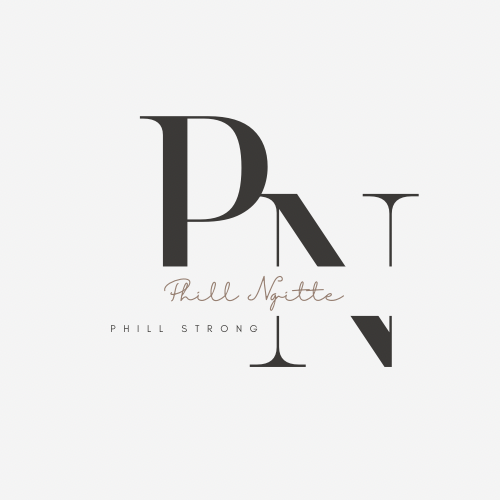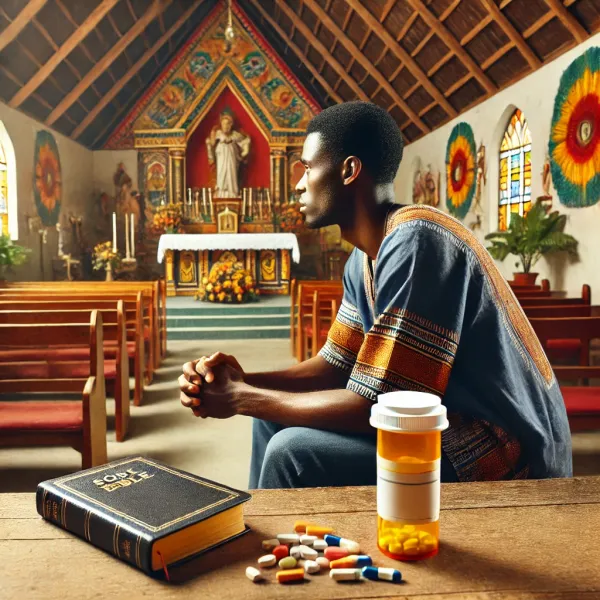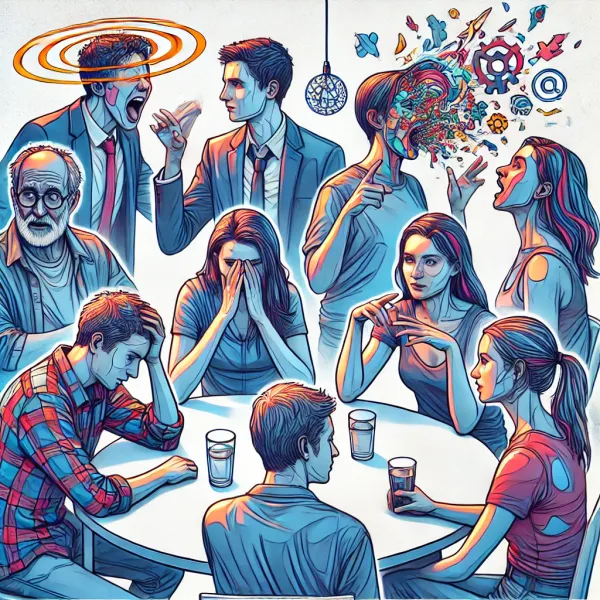“Silent Scars 🤕: Breaking Free from Abuse 🙅♀️ and Ending the Cycle for Our Children👨👩👧👦”
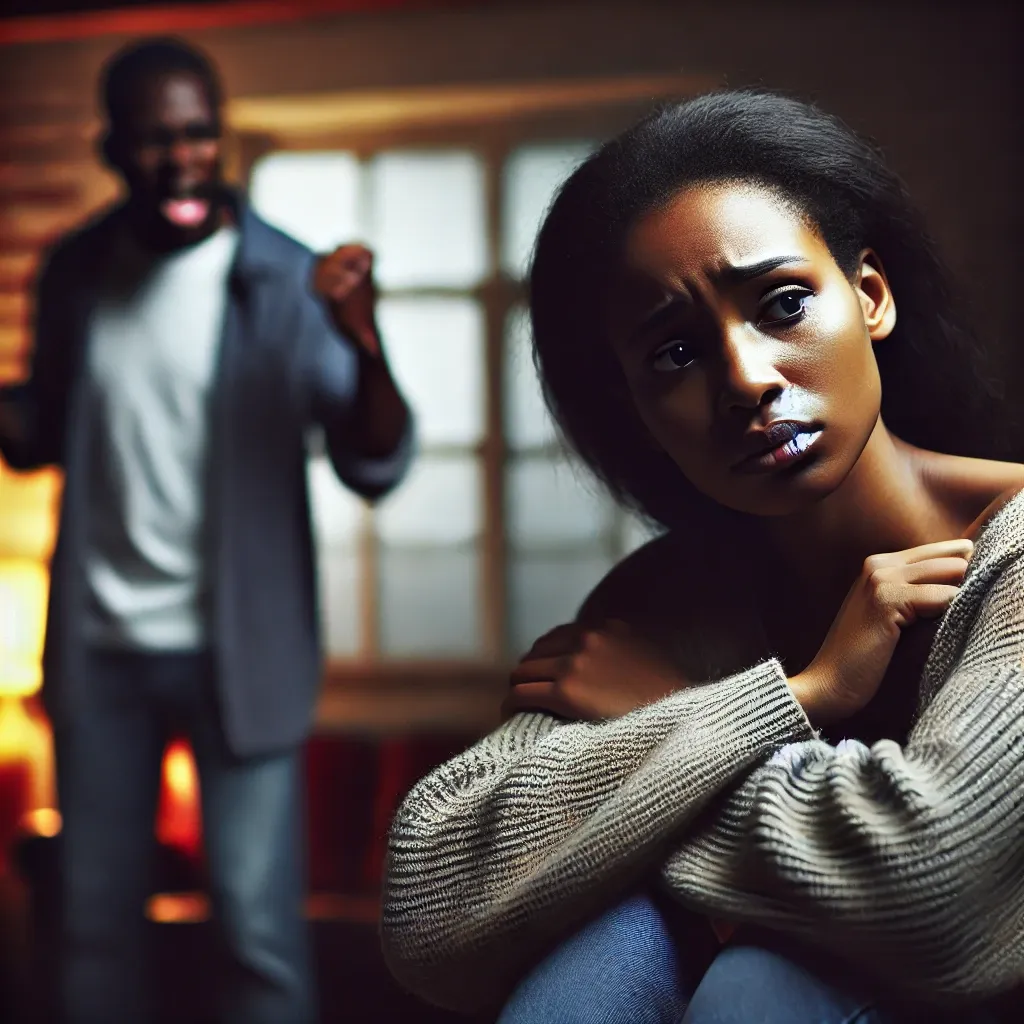
What if you wake up every day, walking on eggshells in your own home. Your voice is small, your fear is loud, and your children, watching, learning and start to believe this is what love/mariage, relationship/parenthood looks like.
But love/relationships isn’t control. Love isn’t fear. And love should never leave scars. I always believe that once you feel insecure with someone and you stay because of "love", then you are probably feeling something else.
Across the world, countless women suffer in abusive homes, often silenced by fear, shame, or cultural expectations. The impact is deep and generational, shaping not just the women trapped in these cycles but also the children who grow up witnessing abuse. Without hesitation, lets jump into this article that will try to bring some light in one of the most traumatic experience a person can witness in his life.
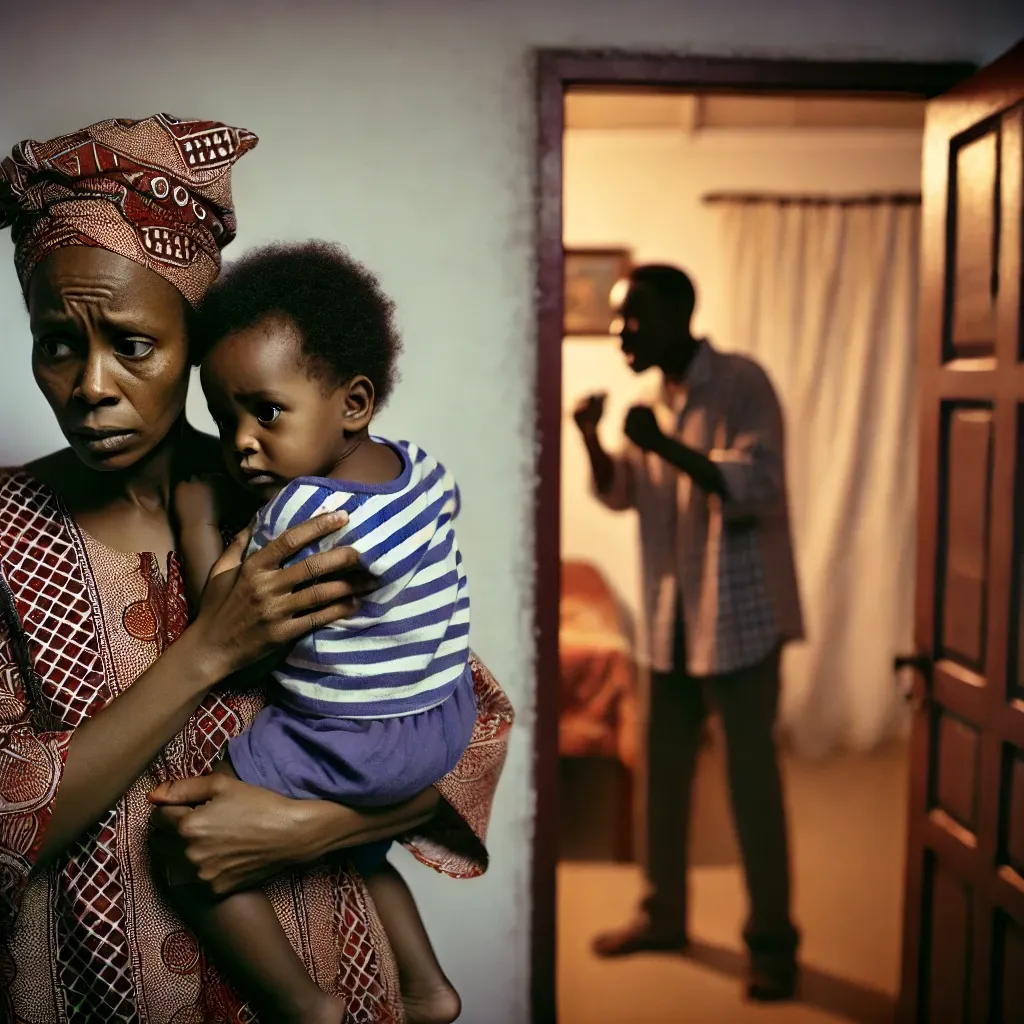
What Abuse 🤬 Really Looks Like (It’s Not Just Bruises)😰
Many women stay in abusive relationships because they don’t recognize the abuse for what it is. If he’s not hitting, shouting, threatening it’s not abuse, right? Wrong. Abuse takes many forms:
1. Physical Abuse: The Visible Wounds 👊🏿🩸
This includes hitting, slapping, choking, or any form of physical harm. Shockingly, 1 in 3 women worldwide experience physical or sexual violence in their lifetime (WHO, 2021). It became so common that in some contexts it became normal.
I even heard some women saying that if a man doesn't hit her that shows he is not in love and maybe is unfaithful. Others used to say that violence is a love language and they are comfortable with that because it makes the relationship more exciting.
In what world are we living in?
2. Emotional & Psychological Abuse: The Silent Killer 👊🏿🧠
Abuse can take many forms and one of the most used recently (because physical abuse is more 'obvious' and 'punishable') is emotional abuse. The constant need of controlling the way you feel and making you accountable for not being good enough. Some characteristics can be;
- Constant insults, belittling, and humiliation
- Gaslighting—making you doubt your reality. Making you feeling guilty for not being 'perfect'
- Threats of violence or harm; e.g. if you don't change I might hurt you
- Isolation from family and friends; You are not allowed to do anything for some reasons.
Psychological abuse is just as damaging as physical abuse, often leading to severe anxiety, depression, and PTSD (Tiwari et al., 2008).
3. Financial Abuse: The Invisible Chains 👊🏿💵😔
Some women don’t leave because they can’t afford to. In some contexts, money became a source of control because the partner gives the impression that he can provide for everything and makes you dependent on everything, hence unable to do things by yourself. you are trapped in a golden cage. Financial abuse includes:
- Controlling money: You need approval before spending money
- Preventing employment: You cannot work because other might harm you, or that you are not fit for the pressure of the professional world.
- Keeping financial information secret: You don't manage nor know anything about money. You just receive and seem to have a choice.
A study found that 99% of abusive relationships involve financial control (Adams et al., 2008).
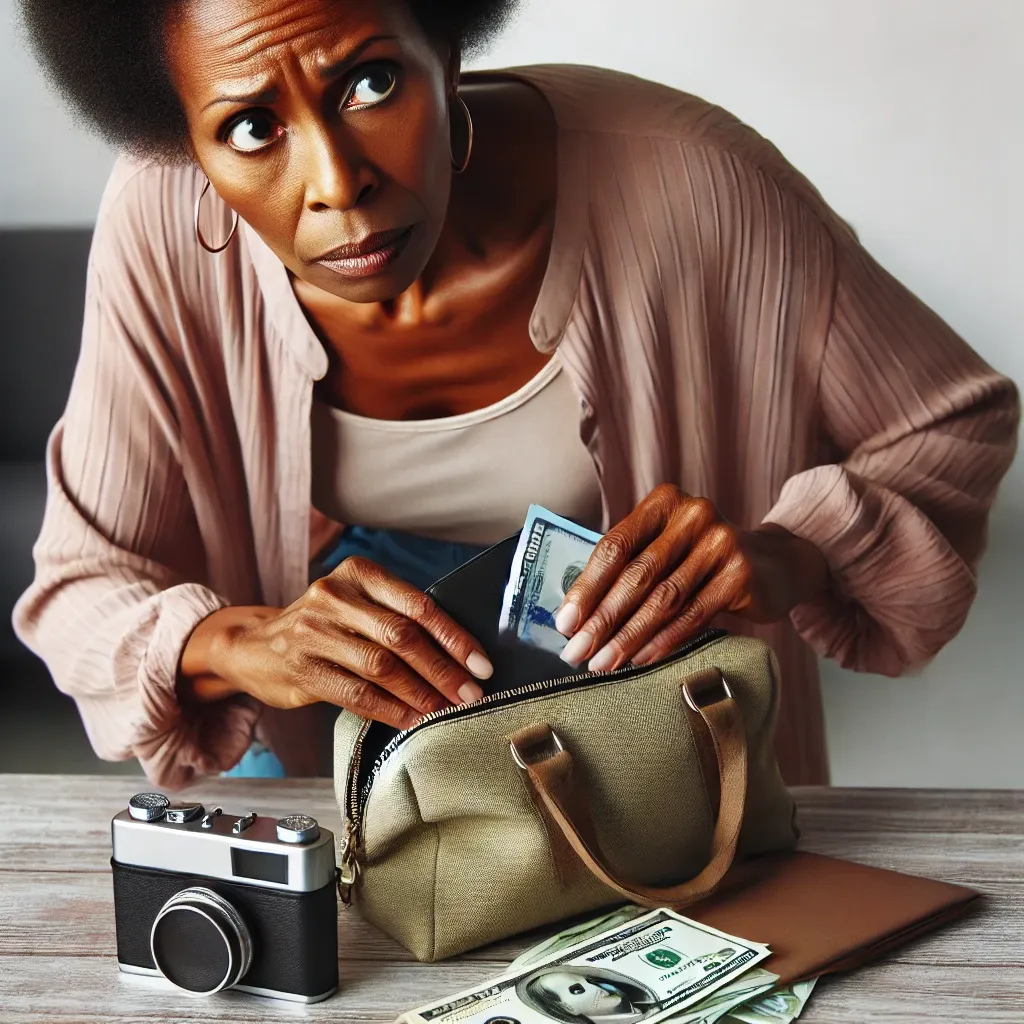
🚩Take the Quiz: Are You in an Abusive Relationship?
Answer honestly: It might
- Does your partner insult or belittle you, even in front of others?
- Does he control where you go, who you talk to, or what you wear?
- Does he threaten to harm you, himself, or your loved ones?
- Does he control all the money and make financial decisions without you?
- Do you feel scared to disagree or express your opinions?
Results:
- 0-1 Yes: Likely a healthy relationship.
- 3 Yes: There are warning signs—pay attention.
- 5 Yes: You are in an abusive relationship. It’s time to seek help.
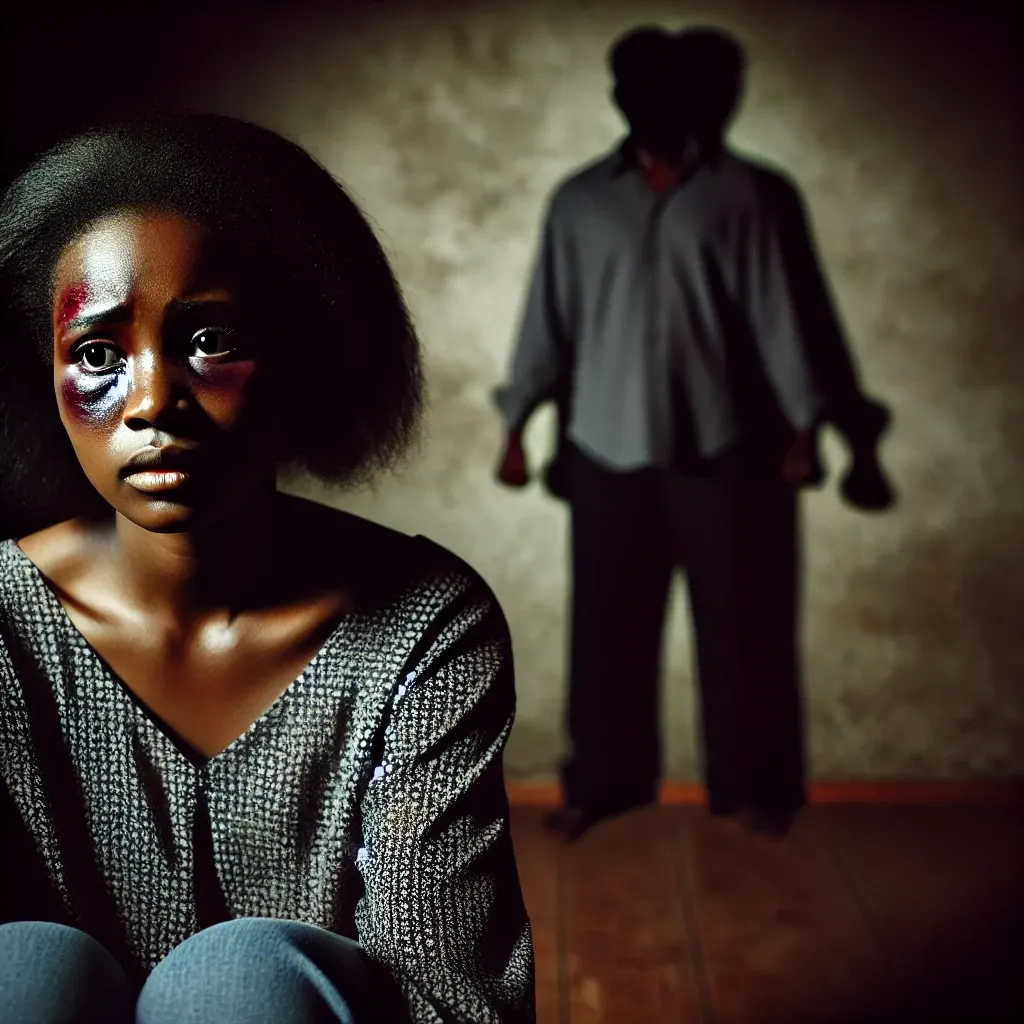
The Impact of Abuse on Women 👊🏿🙅♀️: A Lifetime of Trauma🤕
Women in abusive relationships don’t just suffer in the moment, their bodies, minds, and futures are forever altered. It is something we cannot just erase like by magic. It takes time and efforts to recognise some signs, tackle them and get into the path of healing. It progressive and WORTH TRYING TO BREAK THE CYCLE AT ALL COSTS.
🤕Physical Health: Chronic pain, heart disease, digestive issues, and even a shorter lifespan (Coker et al., 2000).
🧠Mental Health: Anxiety, depression, PTSD, and suicidal thoughts (Dillon et al., 2013).
🤷♀️Self-Esteem & Identity Loss: Many survivors say they forgot who they were before the abuse.
🏝Isolation: Many women tend to isolate after an abusive relationship because they are no more used to live in a society. They feel more comfortable alone, away from possible harm.
💔Trust issues and inability to start new relationships: Many women from abusive relationships tend to develop PTSD when thinking about getting into a new relationship because they tend to believe that LOVE matches with ABUSE. Some that are more brave tend to run away at the first red flag, even if it can be exacerbated by her trauma.
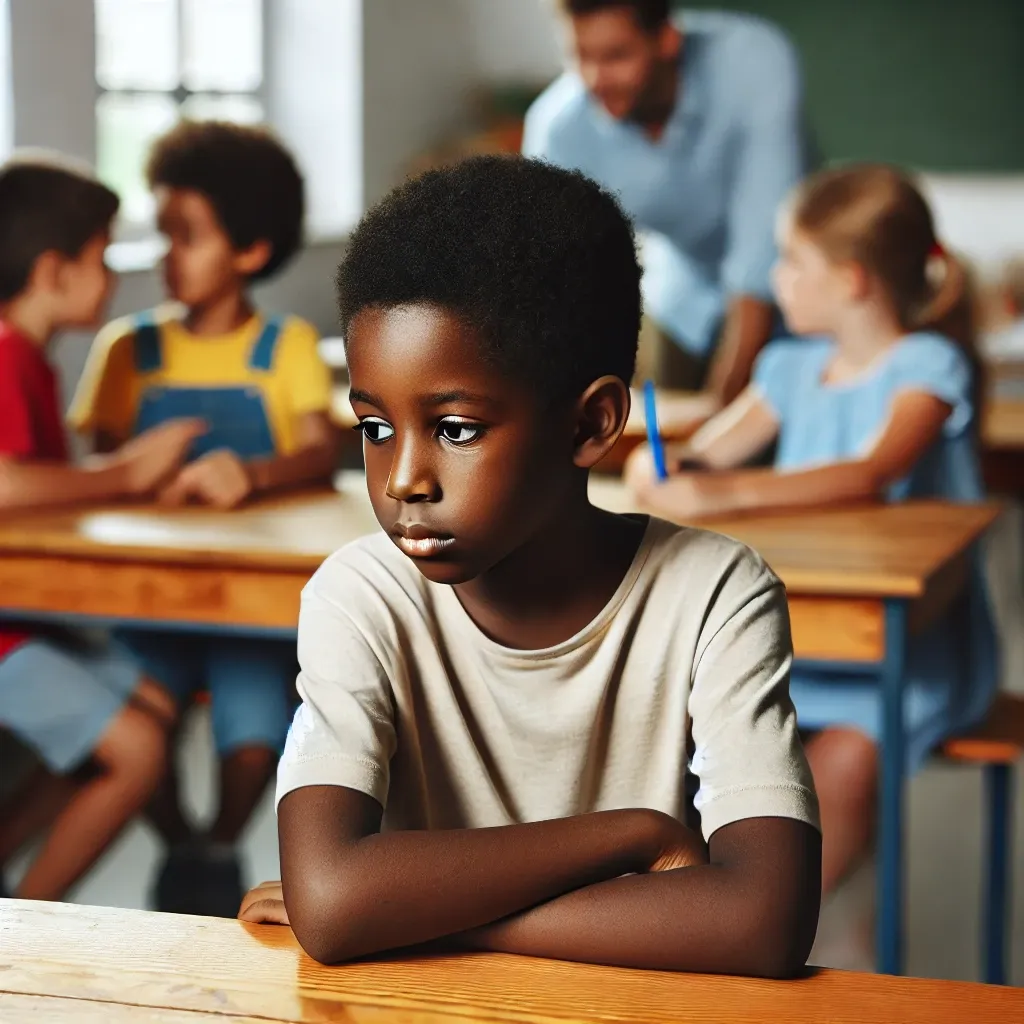
The Hidden Victims 👩🏿🦱👶🏿: How Abuse Affects Children 😔
Children growing up in abusive homes are twice as likely to develop mental health issues (Kitzmann et al., 2003). Even if they are not directly abused, they suffer. Many parents often recognize that their conflicts might have a negative impact on their children but tend to forget it in the long run and think that time managed their pains and scars. The children themselves tend to grow up thinking that they overcomes the trauma but end up repeating the same cycle as their parents because it has been neglected at every level.
1. Anxiety & Depression: The Fear Never Leaves
Children exposed to domestic violence are more likely to develop severe anxiety, nightmares, and panic attacks (Evans et al., 2008). Some develop PTSD and other mental related issues.
2. Repeating the Cycle: Boys Become Abusers, Girls Become Victims
- Boys who witness domestic violence are twice as likely to become abusers themselves. They sometimes believe that a role as a man is to abuse and control their partners because a "real man" must "control" his partner. This is unacceptable.
- Girls are three times more likely to end up in abusive relationships (Roberts et al., 2010). As said earlier, some women think its normal to be in an abusive relationship because that is the real language of "LOVE". Ending up having multiple kids from multiple men repeating the same cycle.
3. Poor Academic & Social Development
Children in violent homes struggle in school, have difficulty forming friendships, and often feel isolated (Fantuzzo & Fusco, 2007). They cannot easily focus on school as their mind unintentionally fights against the trauma and tries to find a way to sort all the chaos.
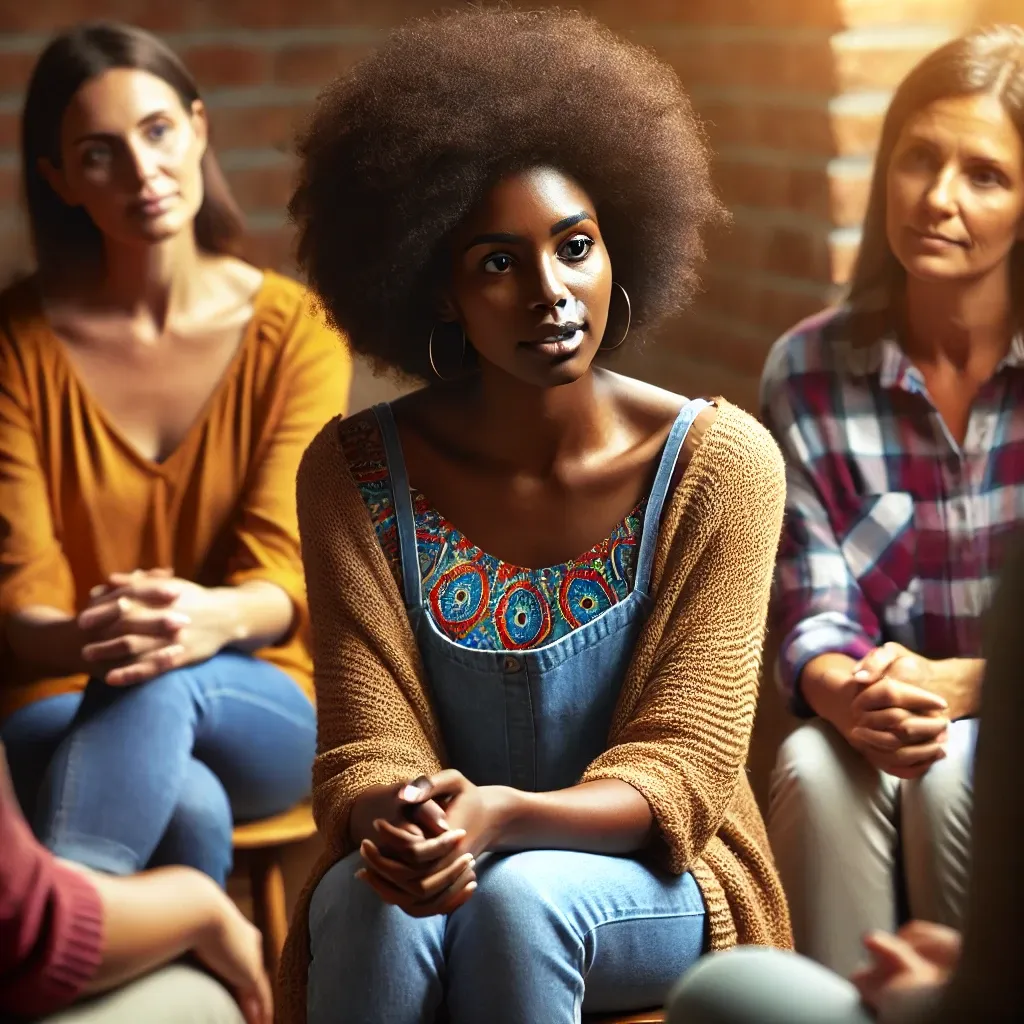
How to Break Free 💪🏿✅: Steps to Escape and Rebuild
Leaving is not easy, but it is possible. Some common things I have heard from these abusive relationships is that either one of the partner thinks that it is their role to fix the relationship or change their partner. This can be a double edged-sword and it is important to pin point the early stages of abuse in relationships to tackle them properly. Here’s how:
🧐Recognize the Abuse
The first step is accepting that it’s happening. No more excuses, no more “it’s not that bad.” Have enough strength to recognize that the relationship is unhealthy and creates more chaos than peace.
📜Build a Safety Plan
- Have a secret emergency bag with money, documents, and essentials.
- Set up a code word with trusted friends or family.
- Identify a safe place to go (shelters, support groups, or family).
- Do anything that will help you have a safety net in case you decide to leave the relationship and abandon whatever advantage you had in the relationship.
🗣Seek Support
You don’t have to do this alone. Reach out to:
- Domestic violence hotlines
- Women’s shelters
- Therapists or support groups
💵🧘♀️Financial Independence: The Key to Freedom
Start planning for financial independence:
- Learn new skills or take online courses.
- Save small amounts of money secretly.
- Seek organizations that help women start fresh.
👨⚕️Therapy & Healing: You Deserve to Recover
Abuse reprograms your brain, making you feel trapped. Therapy helps rewire your thinking, rebuild confidence, and break the cycle for good.

Final Thought: Love Shouldn’t Hurt
If you are in an abusive home, you are not alone, and you are not powerless. There is a way out, and there is life after abuse. Your children deserve a future free from fear, and so do you. Never be afraid to start from the scratch, never be afraid to think about yourself, never be afraid to prioritize your safety. Be aware that many people are out there suffering just because they cannot TALK LOUD about their abuse. You are the VICTIM and there is no shame to cry out for help. YOU MATTER, YOUR MENTAL HEALTH MATTERS AND YOUR PEACE MATTERS.
🚨 Need Help? Here are resources:
📞 National Domestic Violence Hotline: tel:08082000247
🏠 Find a Women’s Shelter. For each country, Click on the HERE to have access to any helpline in your country regarding abuse and domestic violence.
What’s Your Story?
Have you or someone you know broken free from an abusive home? Share your thoughts (anonymously if needed) in the comments.
References
- Adams, A. E., et al. (2008). Measuring financial control in abusive relationships. Violence Against Women, 14(5), 563-587.
- Coker, A. L., et al. (2000). Physical health consequences of intimate partner violence. American Journal of Preventive Medicine, 19(4), 325-333.
- Dillon, G., et al. (2013). Mental health effects of domestic violence. Journal of Psychiatric Research, 47(7), 1137-1145.
- Evans, S. E., et al. (2008). Exposure to domestic violence and its effects on children. Aggression and Violent Behavior, 13(1), 131-140.
- Kitzmann, K. M., et al. (2003). Child witnesses to domestic violence. Clinical Child and Family Psychology Review, 6(4), 205-225.
- Roberts, A. L., et al. (2010). Witnessing intimate partner violence and later victimization. Archives of Pediatrics & Adolescent Medicine, 164(10), 923-929.
